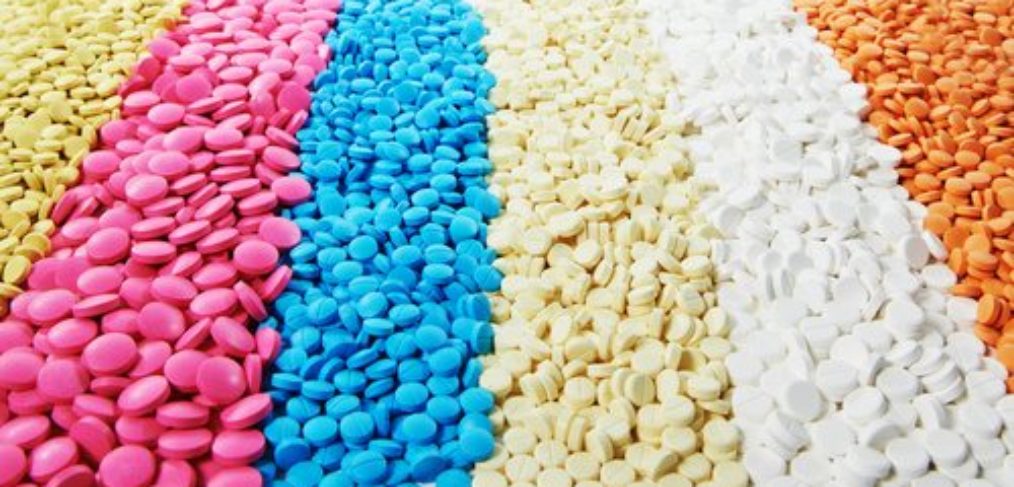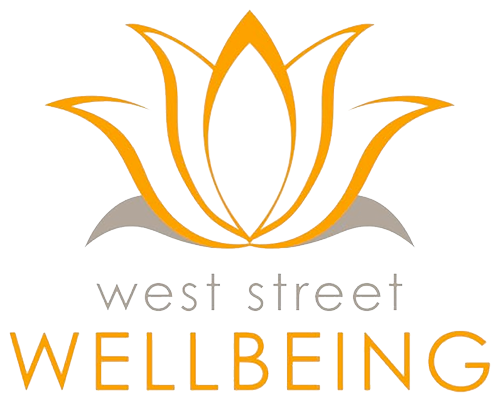
Antibiotics: Why they don’t work in the long run and how to effectively treat chronic infections with natural medicine
Why Antibiotics Allow Repeat Infections to Occur: Resolving Chronic Infections and Chronic Diseases with natural medicine
Did you know that many chronic diseases are the result of an infection?
Chronic Fatigue syndrome, is the result of a virus that lives inside the mitochondria of our cells directly impacting the cellular output of energy.
Atherosclerosis is the result of bacteria living inside the arterial lumen that triggers our immune response to thicken the arterial wall to protect against further bacterial infiltration.
Irritable bowel Syndrome is the result of imbalanced gut flora in the intestines.
Sinusitis is the result of bacteria living in the sinus cavity.
Multiple Sclerosis is the result of bacterial infection and resulting inflammation affecting the brain central nervous system.
These are all examples of chronic disease states where the immune system isn’t functioning properly and bacterial infection is allowed to take root causing a whole range of symptoms that may not be being as effectively treated as they could.
What constitutes a bacterial infection?
Some microbes come from outside the body and some are already naturally present, such as helpful gut flora, but can become overgrown or present in the wrong part of the part of the body – such as large intestinal gut flora moving up into the small intestine where they disrupt digestive processes.
In either case, if microbes are proliferating beyond a healthy balance and the immune system isn’t keeping them in check, a bacterial overgrowth or infection occurs and our first treatment needs to be reducing the microbes to a manageable level.
Why do antibiotics allow repeat infections to occur?
Medical antibiotics are mostly very effective at killing off bacterial infections that are unprotected – ie those that haven’t developed a survival mechanism known as a “biofilm”. A biofilm is a like a super-resilient dome that bacteria can live beneath, lying dormant in a hibernating state, until the environment becomes right for them to break free and start to colonise again. Some bacteria have a different structure to others making them perfect candidates for hibernation. In microbiology these are called Persister cells. Medical antibiotic therapy can not destroy a biofilm, and leaves the persister cells underneath the biofilm untouched, and free to recolonise in the future.
The existence of Persister cells and biofilms explain why, for example, a person suffering from sinusitis can be given antibiotics and the immediate symptoms go away, only to have another infection take root when the terrain is right again – which most likely occurs when the hosts immune system is weakened due to being a bit tired or stressed or not sleeping so well. The Persister bugs then take an opportunity to do what they do best – break free and multiply, causing another infection, and perhaps another round of antibiotics, and the cycle begins again. The double whammy occurs when the antibiotic therapy also has the effect of weakening an already compromised immune system by indiscriminately killing off the healthy bacteria that keep other body systems functioning smoothly, and so contributes to an increased opportunity for the persister bugs to break free and recolonise.
Can natural medicine kill bacteria more effectively than medical antibiotics?
There is one substance derived from the Phellodendron plant that has been found to have an excellent ability to destroy a biofilm and the bacteria living beneath. The active ingredient is Berberine and is readily available as a herbal supplement along with some other key herbs and isolates (especially bitter hops and selenium) that actively destroy microbial overgrowth. Medical antibiotics are as yet unable to destroy the biofilm so some microbial life will always remain safe underneath, ready and waiting to recolonise when the time is right.
Can herbal antibiotic treatment be combined with medical antibiotics?
Yes! In fact, if you are prescribed medical antibiotics and want to follow through with this treatment, the best way to prevent repeat infections is to concurrently take herbs that support breakdown of the biofilm which will support destruction of the biofilm and the persister bugs as well as the non hidden bacteria. Taking herbal antibiotics will not interfere with the effectiveness of the medical antibiotic treatment, they will only make it more effective through destruction of the biofilm.
Treating the immune system
In addition to reducing the microbial load, the complete picture always involves strengthening the immune system to keep the micbrobial balance of the body in perfect harmony. The immune system is like a gardener in a massive garden, enabling the multitude of mini ecosystems to self regulate and coexist, but stepping in to pull out pests and weed infestations if they happen to take root. Keeping the immune system primed and ready to go is akin to keeping the gardener happy, energized and ready for action.
There are a few key ways in which your immune system can be strengthened or maximized. Some examples of key ingredients are zinc, vitamin c, andrographis, astragalus and medicinal mushrooms. And the key lifestyle factors are a diet rich with good quality fruit and vegetables, low stress and plenty of rest.
The specific ways to strengthen your immune system will depend on your halth and any current symptoms – for instance astragalus shouldn’t be taken if you have a cold. Also there are some herbal products better for viruses than bacteria, and if there is a complication of systemic or localized inflammation there are other products again.
What should I do now?
If you have a chronic disorder such as one listed in the opening of this article, or something else such psoraisis, eczema, arthritis, I highly recommend you make an appointment to talk about it and see what treatment options are available to you.
Treatment will involve:
- Reducing any microbial overgrowth;
- Supporting healthy immune function and stimulating immunity;
- Addressing diet, lifestyle and stress; and
- Addressing condition specific symptoms and discomforts.
At West Street Wellbeing our therapists are well equipped to help you through chronic infection and out the other side to a happy and symptom free life.
Please contact us if you have any questions of would like to make an appointment to get started on the road to better health.
br*****@we*****************.au
02 9922 7874


